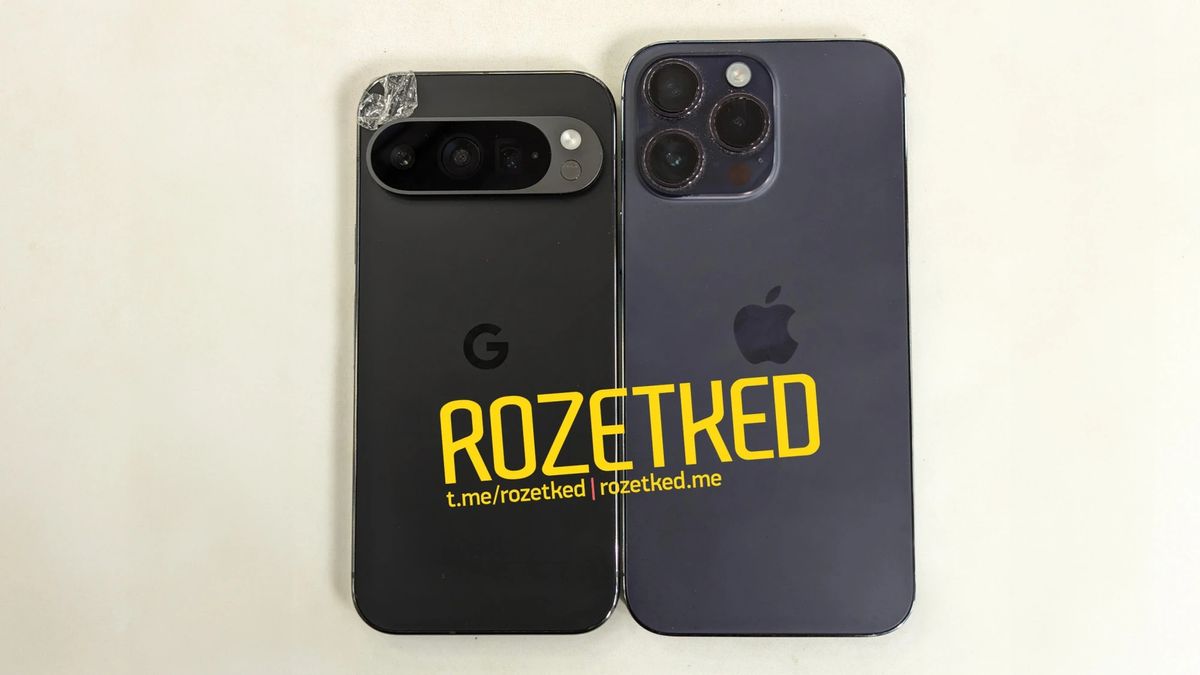

The European Union has opened an antitrust investigation into whether Google is stifling competition in the highly profitable online advertising market. The probe follows cases in France and elsewhere in Europe questioning how the company runs its ad business. It is the first time the EU has investigated Google’s online display advertising business, where it serves as an intermediary between advertisers and publishers to fill ad space on web pages and apps.
Google’s Legal Woes
“Google collects data to be used for targeted advertising purposes, it sells advertising space and acts as an online advertising intermediary. So, Google is present at almost all levels of the supply chain for online display advertising,” the European Commission’s competition chief Margrethe Vestager said in a statement.
“We are concerned that Google has made it harder for rival online advertising services to compete in the so-called ad tech stack. The investigation will also touch upon Google’s plans to phase out third-party cookies in Chrome as part of its Privacy Sandbox plans, as well as the upcoming changes to advertising IDs on Android. At the heart of this is the question as to whether Google is unfairly limiting access to user data to its competitors?
This follows on the heels of the recent case in France where the competition regulator there fined Google $267 million last week for favoring its own services for placing online ads at the expense of rivals. The competition authority ruled that Google gave preferential treatment to its own ad inventory marketplace AdX and to the Doubleclick Ad Exchange, its real-time platform for letting clients choose and sell ads.
More to the point, “…it is the first decision in the world to look into complex algorithmic auctions processes through which online display advertising works,” the authority’s president Isabelle de Silva said in a statement.
Related Article: Highlights From Google’s Marketing Livestream
Data Monetization
Aidan Fitzpatrick is the founder of UK-based Reincubate. He said that Google has a bunch of data and can monetize it, but that does not mean that others have the capability to do that too. The key is the scale — and Google’s move to deprecate cookies removes a scale of data from the competitive realm of the marketplace for most enterprises, he said.
As ingrained consumer behavior makes Google the default in search — and therefore the default repository for consumer data — removing access to this data does stringently limit competitor access. “Unfairly so?” he asks. “Difficult question as it was Google, not the competitors, who endeavored to create a search ecosystem for consumers to operate in, and to monetize that ecosystem through the exchange of access for user data.”
It raises the question, at what point does the Google market model become a monopoly of consumer data? If the large tech players effectively remove all data access from the marketplace, then it imperils free enterprise and is inherently unfair. If some tech leaders do it and others don’t — then what are the options for the competitive marketplace seeking data-fueled resources?
Facebook might be able to monetize some user behavior data, but it would not just need a single person’s data — it needs the whole graph of data and interactions. Could any other business without scale make use of that? Would the data be relevant? Would making them share it be useful? Or other large search entities such as Bing.
“If not considered unfair practice today, I predict that if this present course of data firewalling under the banner of consumer privacy will indeed lead to unfair competitive practice,” he said.
Of course, there is another, more significant issue, which this line of questioning opens: Who really owns this consumer data, anyway? Or are there staked portions to be considered?
You own the photo you post on Instagram, and the description you write. But if someone likes your photo, is that your data? Or theirs? Or both? Whose consent is required to transfer that? If you can answer that question, is the answer the same in the UK as it is in the U.S.? What about in India?
Data And Competition
While Google’s reported market share of the display market may appear lower — you could argue Facebook and Google are servicing entirely different digital markets and customer needs. Google has a monopoly of the search market at 92% (2021). Facebook market share of the social media market is 71% (2021), also a monopoly, said Adam Clarke a corporate SEO expert and author.
“Google’s data is at the very core of maintaining their competitive position. Everything a user searched since they have signed up for a Gmail account, including where to study, financial research, relationship problems, family concerns, career, news and media preferences — all saved in Google’s servers,” he added.
“This data is kept securely at Google, to keep their advertising services more relevant and targeted than competitors by a significant degree. This data, which is essentially a chronology of user’s life and interests, is very valuable.”
He pointed out that almost every website you visit has the Google Analytics tracking code, which feeds user information to Google’s advertising software. The only way for other people to use this data is to become a customer of Google’s display ad services.
Google Analytics move to phase out third party cookies is marked as a move to improve privacy, but is also likely (but unverified) to be part of a much larger initiative to slowly, but eventually phase out third party cookies in Chrome and the Google search results.
This will be replaced with Google’s machine learning technology that is able to fingerprint users without the use of a third party cookie, by analysing the user’s online behaviour patterns through machine learning software. This would force all websites that want any kind of targeted advertising to rely on Google’s ad services and Facebook, as those are the only two services that will have any sufficient data.
“Yes, it’s fair to say Google’s display services are a monopoly for the search engine market and the only way that someone can avail themselves of this data is to be a paying customers, and there’s unlikely to be any valid competitors for targeted advertising anytime soon that will supplace Google and Facebook’s monopolies of the search and social markets, respectively, or realistically become a competitor anytime in the future,” he said.
Limiting the Internet
Google is unfairly limiting access to user data to its competitors, Bill DeLisi, CEO of Chino, CA-based GOFBA, concludes. It is well known in the industry that Google requiring advertisers to use their own Ad Manager to display ads on YouTube, and favoring its own ad exchanges on YouTube and other sites, has presented an unfair advantage to Google’s competitors, he said.
With Google eliminating 3rd party cookies in Chrome with their “Privacy Sandbox” plan (use this link for Privacy Sandbox: they will have control over some of the most drastic changes on the internet. By blocking third-party tracking cookies, Google is actually walling off a portion of the internet. This would be a major disadvantage to its ad competitors by pretty much eliminating their access to detailed information about consumer web behavior,” he said.





